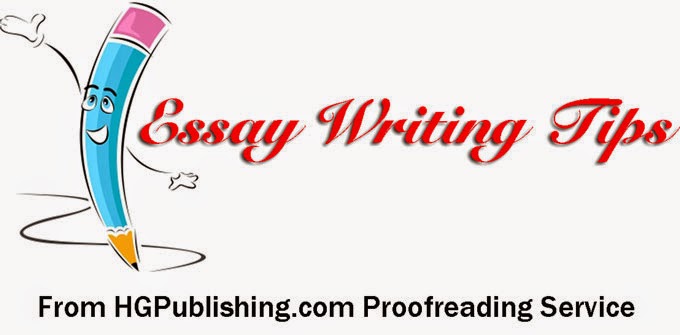 |
| A new dawn for education |
But not necessarily. I teach kids with dyslexia and other conditions that interfere with their learning. In many cases, they think of themselves as "dumb." They hate school, and they avoid academic work. Our system of education does not work very well for these students because we still have an emphasis on reading and writing.
But recent research shows that people with dyslexia do not really have a "learning disability"; they simply have a different way of perceiving things in their environment. As documented in this Time magazine article, people with dyslexia have better peripheral perception than us regular folk. There is plenty of evidence that dyslexia is not in itself a barrier to learning, even profound literacy.
One of my favorite authors, John Irving, has dyslexia. He is in fine company with W.B. Yeats, among others.
In evolutionary terms, it makes sense that humans should have lots of different skills for learning. In the kind of environment in which we evolved we needed people who noticed and reacted to every twig cracking in the forest (Attention Deficit Disorder) because it could mean being alert to danger. We needed people who focused obsessively on some minutia (autism) because they might develop a new skill, like making a new kind of stone tool. We needed people who were active and had good hand-eye coordination for hunting, and those with careful observational skills and memories to know what plants to use for what purpose.
I recently met a woman whose sister is a pediatric doctor. She runs from patient to patient in a busy hospital, diagnosing, prescribing, treating and saving lives. And she has ADHD. Distractibility is an asset for her because the tasks keep flying at her. I love to sit and concentrate, so I'm much better as an editor.
In today's world, these people may or may not become successful in life depending on what kind of help and support they get in school. Unfortunately, we still expect every student to perform the same tasks in the same way to get the same qualifications before they are allowed to go out into the world and start really using their skills and talents. It's a crying shame.
Some schools are starting to change, and with the Internet, more resources are becoming available. Teachers have access to video lessons and computer interfaces for student responses. Teachers must become highly skilled themselves with technology to create interactive classrooms in which students can work with their strengths.
As an editor, I help university students with their writing. I have some brilliant clients working at the Master's level who have difficulty writing basic sentences. But in their mangled prose, I can see that they have a deep understanding of the material they are discussing. It's a pleasure to help intelligent people express themselves, and I hope that in my own way I'm helping future pediatricians leap the hurdles of undergraduate writing so they can eventually find themselves in an environment where they can really shine.

